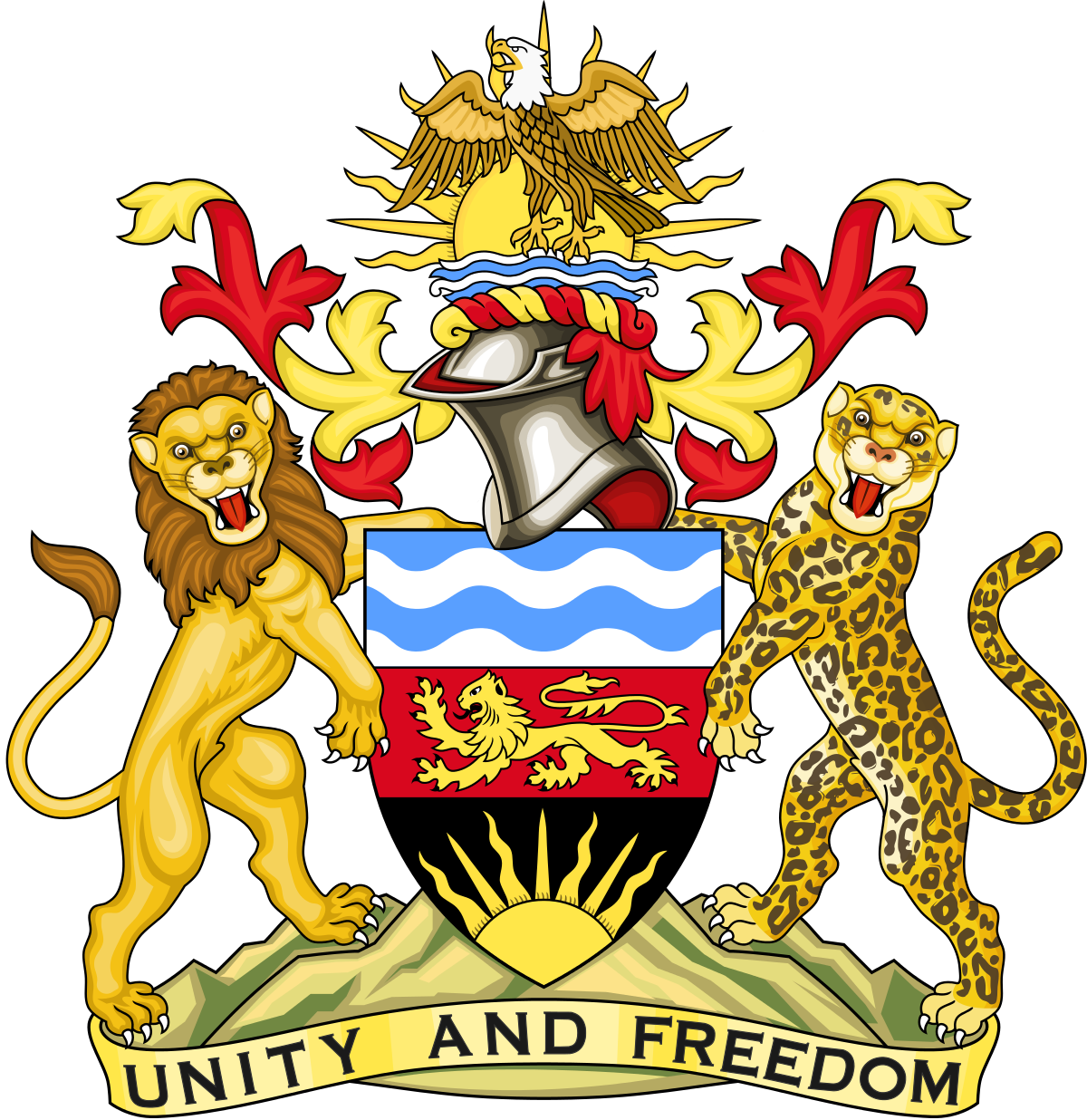Wikipedia:
"Under the 1995 constitution, the president, who is both chief of state and head of the government, is chosen through universal direct suffrage every 5 years. Malawi has a vice president who is elected with the president. The president has the option of appointing a second vice president, who must be from a different party. It also includes a presidentially appointed cabinet. The members of the cabinet of Malawi can be drawn from either within or outside of the legislature."
Members:
Resources
Displaying 11 - 14 of 14Mauritania - Economic Reforms and Diversification Support Programme - Phase I
General
The Economic Reforms and Diversification Support Programme - Phase I is an intervention, both on the efficiency of public spending and on the production system excluding extractive industries. This is the first budget support program that the AfDB Group has implemented in Mauritania. However, it is part of the Bank's past operations, or those being implemented, in the governance sector and in the agricultural sector (PAGIP, PAGOCI, P2RS, etc.). It is also part of the efforts made by the Mauritanian authorities to move from a rent economy to a diversified economy driven by productive growth sectors, excluding the extractive industries. In its implementation, PAREDE l comes in two complementary components. The first focuses on improving the efficiency of public spending and focuses on structural reforms, the implementation of which will achieve the overall objective of economic diversification, and this, by mobilizing resources and optimize the management of public investments. The second consists in promoting the production system outside the extractive industries through support for Public Private Partnerships (PPP) and land reforms as well as strengthening reforms in the agro-pastoral sector.
Objectives
The main objective of the programme is to create conditions conducive to the diversification of the Mauritanian economy in order to promote inclusive and sustainable growth. Specifically, the programme aims to (i) improve the efficiency of public spending; and (ii) promote the productive system outside the extractive industries.
Target Groups
The direct beneficiaries of the programme are the Mauritanian State, through the Ministry of Economy and Finance, the Ministry of Agriculture and the Ministry of Livestock. The indirect beneficiaries are Mauritanian citizens, who will benefit from the stabilisation of the country's macroeconomic situation and increased economic growth outside the extractive industries through the creation of sustainable jobs in growth sectors and income generation. Private entrepreneurs, professional organizations, farmers and herders, especially women and youth, are also indirect beneficiaries of PAREDE, in that the reforms that will affect the productive system, particularly in the areas of Public Private Partnerships (PPPs) and land law, will facilitate their integration into the economy and thus contribute to creating wealth for the country.
ANDF I
General
The newly established land administration agency in Benin has many responsibilities and is under a lot of time pressure to establish a national cadaster. The agency would benefit from support from partner organizations in order to have access to experiences and expertise in their operations and strategy.



